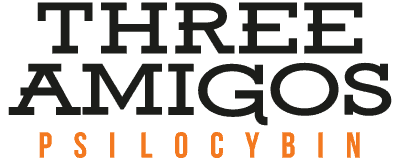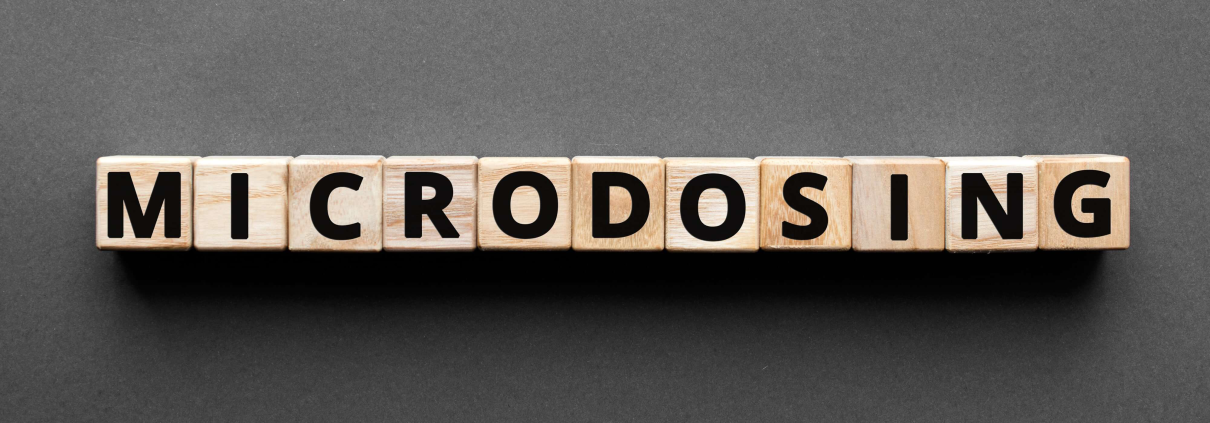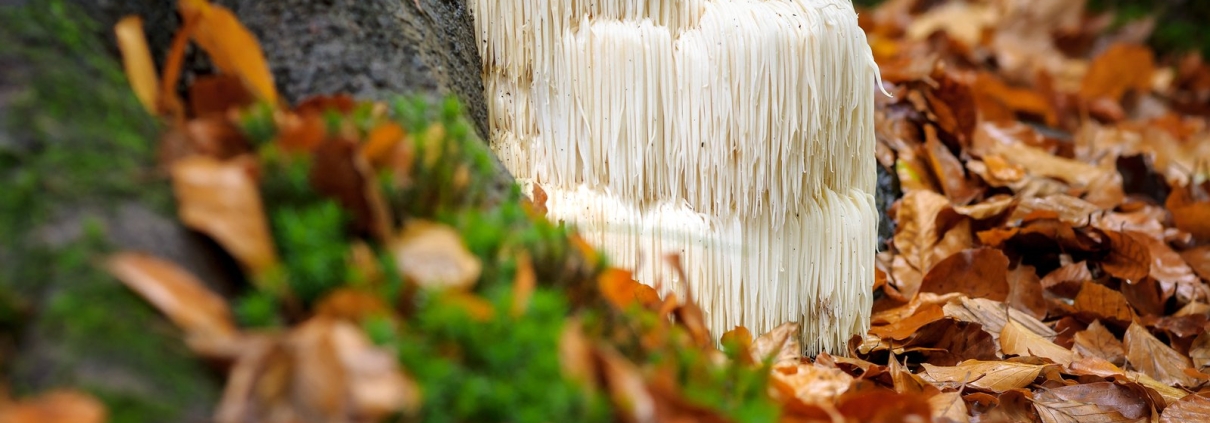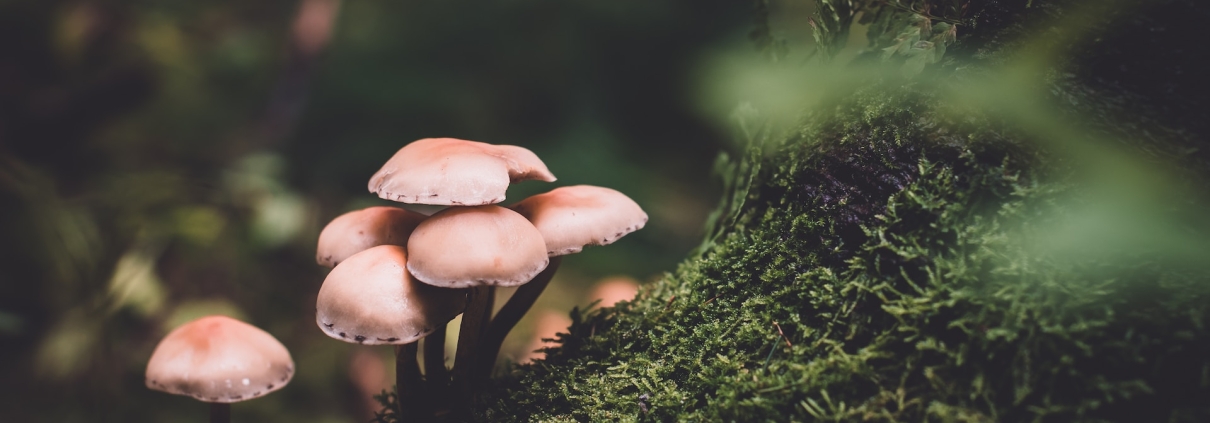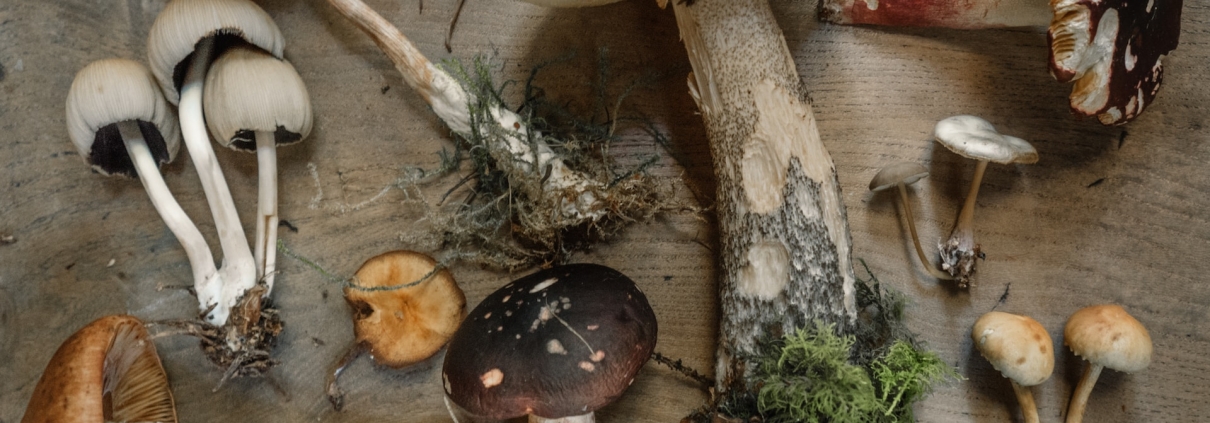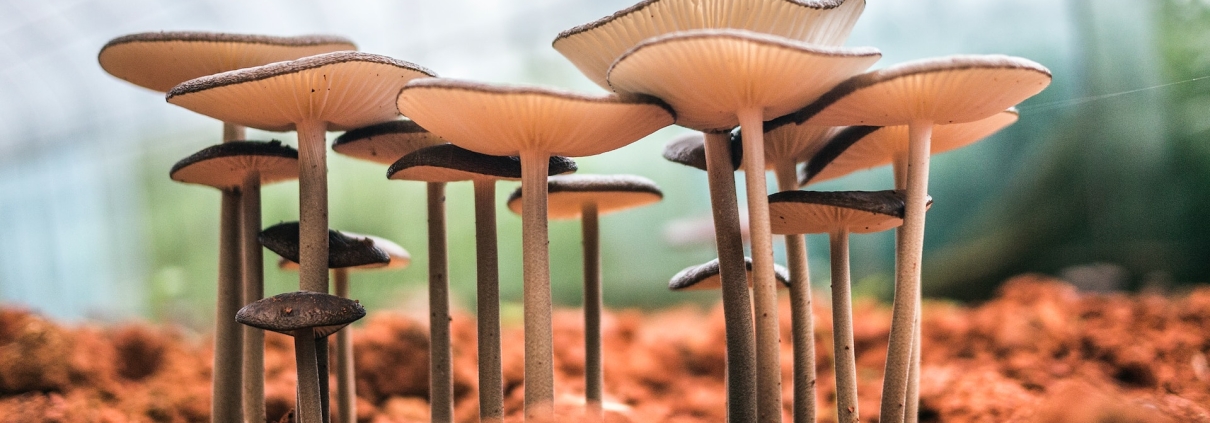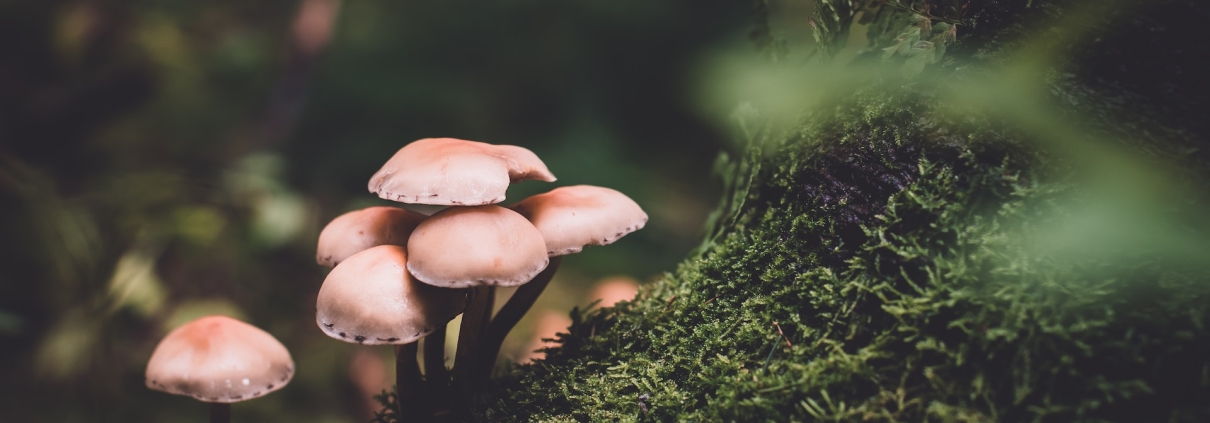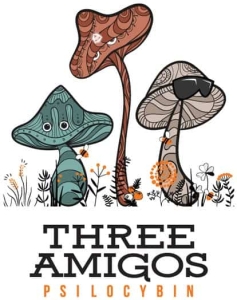Can Microdosing Help With Pain Relief?
Chronic pain can be crippling, and common solutions for it aren’t exactly bulletproof. Why chip away at your pain problem with prescription meds that introduce 10 other problems of their own?
That’s exactly why a growing number of Canadians have been turning to microdosing mushrooms for pain relief. But scientists and skeptics alike are, well, skeptical. Can magic mushrooms really provide relief from chronic pain?
We’ll draw from clinical trials, revolutionary new theories, and real-world reports in hopes of finding an answer. Keep reading to learn more.
- Chronic pain 101
- Do psychedelics work for pain relief?
- Microdosing for pain, mental health, and more! What patients say
Chronic pain 101
The stats don’t lie (not in this case, anyway) — roughly 20% of the global population deals with chronic pain on a daily basis. [1]
The most common chronic pain conditions include:
- Low back pain
- Upper back pain
- Nerve-related pain
- “Widespread pain” like fibromyalgia
- Headaches
It’s estimated that 20% of people with chronic pain also experience common comorbidities like anxiety, depression, and brain fog. [2] Whether you’re in Canada, America, or practically any other developed nation . . . pain is a huge deal.
“Pain is this four-letter word that can mean so many different things,” affirms Vivianne Tawfik, an assistant professor of anesthesiology at the Stanford University School of Medicine. [3]
For something as widespread as it is, chronic pain is surprisingly poorly treated. Current treatment guidelines include NSAIDs, off-label antidepressants, and opioids — all of them can have harsh side effects. Even cutting-edge treatments like neuromodulation are often ineffective at addressing the root causes of pain. No wonder so many people with chronic pain conditions are switching over to alternative treatments!
Do psychedelics work for pain relief?
Speaking of alternative treatments, you’re probably already at least a little familiar with using things like CBD, cannabis, and ketamine for pain relief. But what about using psychedelics — specifically psilocybin mushrooms?
PSilocybin’s effects don’t stop with the psychedelic experience it evokes, after all. The very same neurochemical changes that fueled your last magic mushroom trip may also change the way your body deals with pain.
Slowly but surely, researchers are starting to realize that psychedelics like LSD (lysergic acid diethylamide ) and psilocybin mushrooms might be just the thing for chronic pain management. Studies are now being done to see how psilocybin and other psychedelics might treat chronic pain from:
- Fibromyalgia
- Cluster headaches
- Generalized chronic pain
- Cancer-related pain
- Phantom limb pain
- Neuropathic pain
Actually . . . this type of research is nothing new. Experts have been interested in the link between psychedelics and pain perception for over 50 years! Early studies from the 60s and 70s were already suggesting that psychedelic drugs could alleviate various types of pain.
A quick PubMed search will reveal that psychedelic research is picking back up again after decades of being practically outlawed. Psilocybin and other hallucinogens are finally being given the scientific validation they’ve always deserved. Even skeptics are admitting that psilocybin’s pain-relieving benefits are no mere placebo.
But how do psychedelics reduce pain? What’s their mechanism of action? The 5-HT2A serotonin receptor, which plays a key role in managing inflammation-related pain. 5-H2TA activation may be the primary cause of the analgesic effects some people experience from psychedelics. As psychedelic research continues to advance we should develop a more complete understanding of how they work.
Psychedelic self-medication is advancing, too. The stats show that this type of use makes up at least 14% of all psychedelic substance use. If you’re among the people who self-medicate shrooms for pain, sleep, stress, or other ailments, there’s no need to feel alone! [4]
Psychedelics may also improve pain perception in less direct ways. According to Stanford Medicine anesthesiologist Boris Heifets, psilocybin shrooms seem to change the way your mind and body relate to pain: “If these [psychedelic] drugs are going to help, it’s going to be much like the way we think they help for depression— [that is], changing your relationship to your pain.”
“Chronic pain is really just this comorbid snowball,” another expert affirms. “It’s not only the sensory abnormalities, but it’s also the depression, the anxiety, the sedentary lifestyle, the self-doubt, learned helplessness. It’s this whole thing.” [5]
Microdosing for pain, mental health, and more! Patient reports
If psilocybin is so good for pain relief, you might be thinking, then how can I tap into this type of relief in my own life?
So far the evidence points to microdosing as the best strategy — it allows users to access medicinal benefits, without runaway mental side effects.
A 2021 study involving otherwise healthy volunteers with chronic pain provides more detail on how helpful microdosing can be. Just as importantly, this study also highlighted why microdosing works so well. Here are some of its key findings. [6]
People who struggle with chronic pain often find conventional treatments ineffective:
“Contributors had been living with their pain for between two and 25 years and tried between two and 14 pain treatments [6.6 pain treatments on average!]”
Dealing with chronic pain can be incredibly depressing:
“All contributors reported co-morbid depression that was perceived to be closely linked to the intensity of their pain.”
“Contributors reported feelings of hopelessness, frustration, distress, anxiety, defeat, anger, pain feeling all-encompassing, and lack of control.”
Chronic pain and chronic stress go hand in hand:
“[Contributors] reported that specifically stress, both chronic and acute, contributed to pain severity. […Some] contributors reported that they felt chronic stress contributed to the development of their pain.”
Worst of all, chronic pain can even make you feel like you’re losing yourself.
“[My diagnosis] was really challenging. I worked closely with my therapist, and it was like navigating the different stages of grief… When I was diagnosed, to me it felt initially like my whole life was over. I didn’t know what my identity was anymore…I wasn’t sure if I was going to be wheelchair bound, if I was going to lose the use of my legs, what my life was going to look like.”
Now for the good news: microdosing with psilocybin may help. Every single one of this study’s contributors reported that their relationship with chronic pain improved in some way after microdosing. For many participants, this relationship improved in far more ways than one.
“I still experience pain,” one contributor explained, “but I experience it differently. Since I started microdosing mushrooms, I feel like it almost slows me down. I still have the same life stimuli coming at me, that hasn’t changed, but it’s allowed me to slow down and analyse the stimuli and then really think about how I want to react to it. That’s the same with my pain. When I have a flare-up of my pain, I really do feel like it’s allowed me to have a little more time, or maybe thought space to process. I think, “Okay, you’re hurting. What are the reasons? Is it because you did too much exercise or you sat down too long or is it emotional or stress based? How are we going to deal with this?”
For other contributors, the improvements caused by microdosing were more direct:
“(Acutely,) I don’t think of my pain any longer…I don’t focus into pain because it’s not there.”
“I remember getting up… and just being absolutely painless… I was standing up, perfectly upright, straight. Normally I can’t put any pressure whatsoever on the right side of my body… I use crutches and canes most of the time, but I haven’t for a few days.”
All in all, over 80 percent of this study’s contributors reported restored feelings of health. And an incredible 100 percent of all contributors reported improved mental well-being, positive reframing, and quality of life. These success rates are incredible — especially in the context of otherwise untreatable chronic pain.
If you have the time, check out the rest of the contributor reports here. In addition to being super insightful to anyone who’s currently dealing with pain, many of them are truly inspiring.
And if you have the desire to be pain-free, have hope. Not everyone who microdoses shrooms experiences complete pain relief, but some people do. And most people experience at least partial relief. So why not give it a shot? There’s much to be gained, and very little to lose . . .
